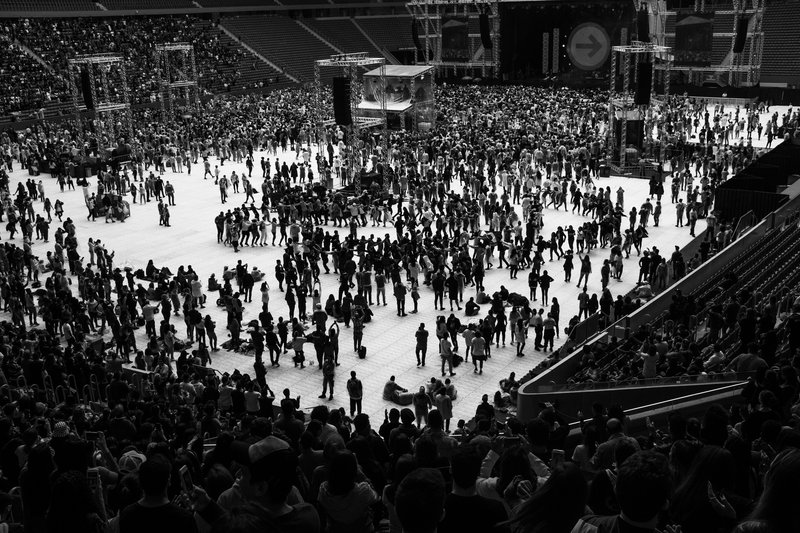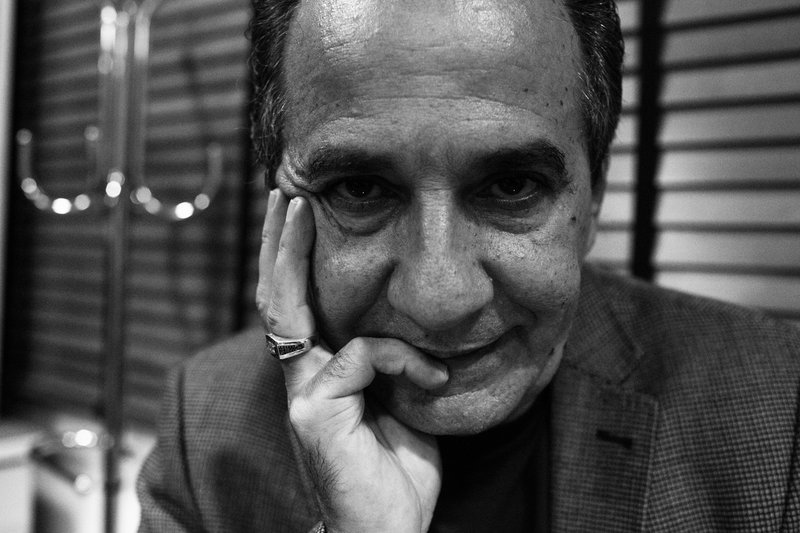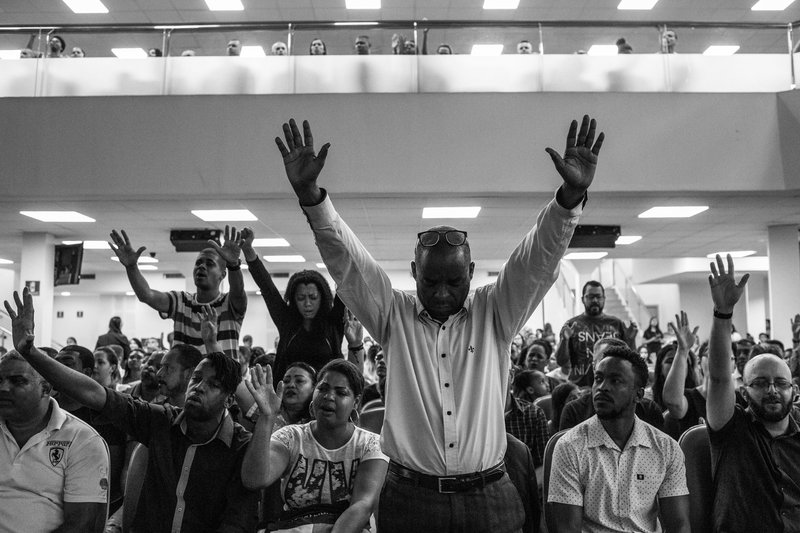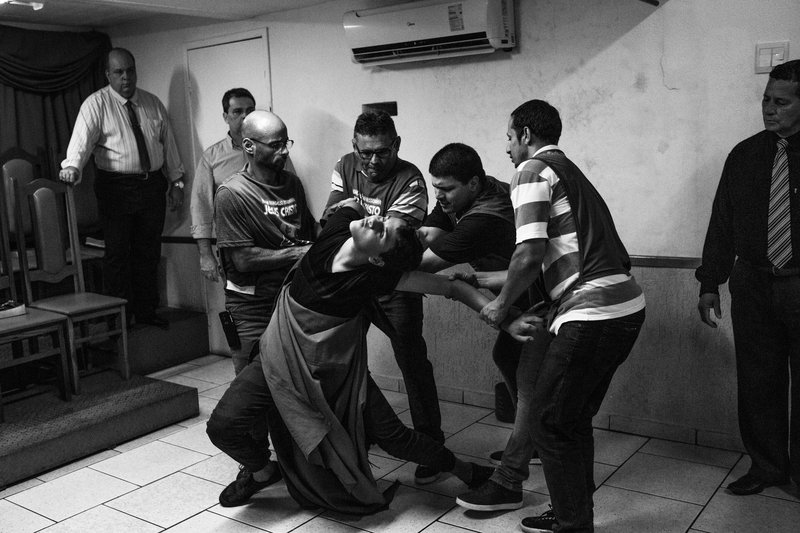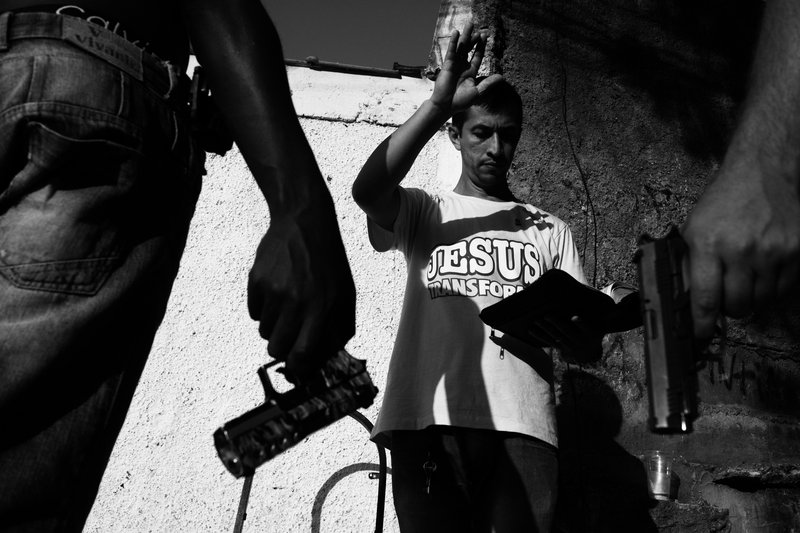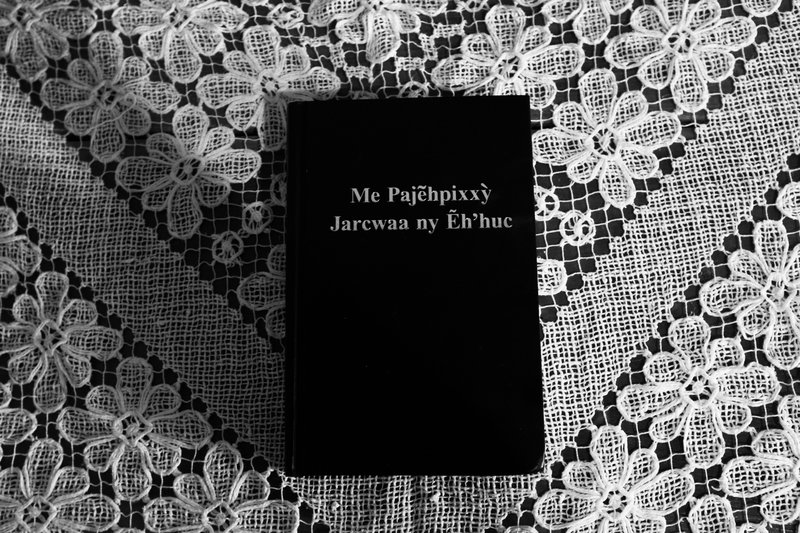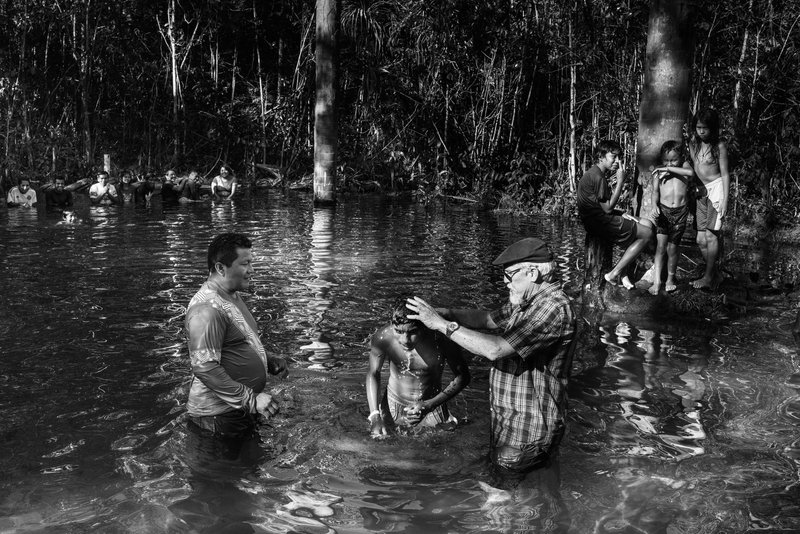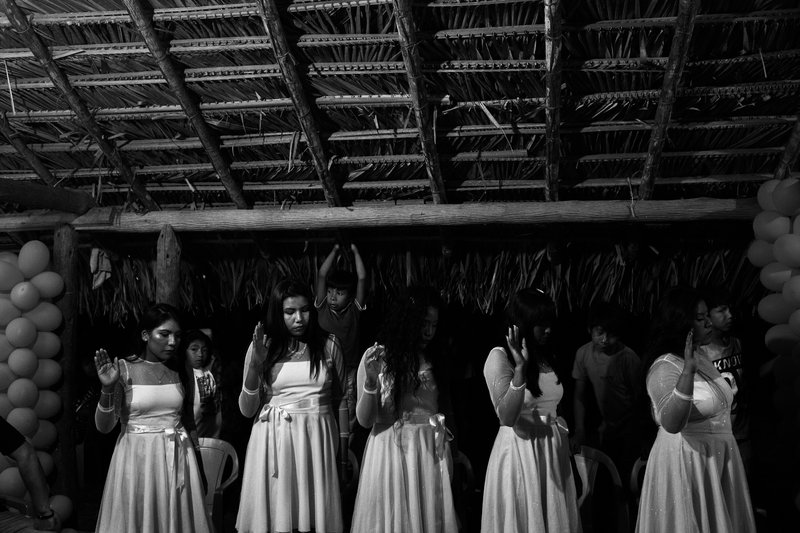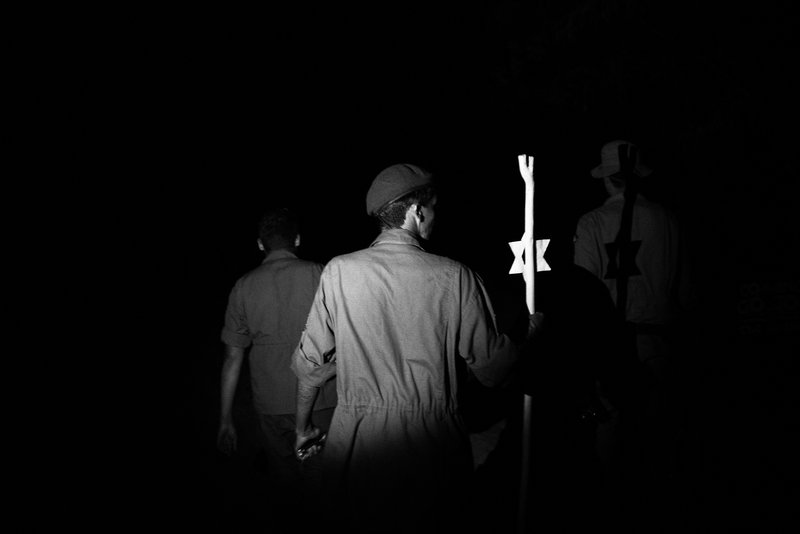CPOY 76 Documentary Gold: Golgotha
Golgotha: In Hebrew, "The Place of the Skull". In the Bible, the hill where Jesus was crucified. In the Roman Empire, the most cruel penalty. In Israel, the main pilgrimage point. Contemporary Brazil brings this dual meaning of Golgotha: a territory where is a death machine, but also the place of sacrifice, resurrection and redefinition of meanings. Researchers predict that by 2032, the majority of the Brazilian population will be converted to Evangelical Christianity. At the same time, an ultra conservative, populist, right-wing wave, led by President Jair Bolsonaro, is washing over the country. I propose telling this story from the perspective of individuals that seem to have little in common, aside from sharing their faith. However, their dreams, ambition, and desire for life and opportunity both explains and complexifies the understanding of what it means to be Evangelical in contemporary Brazil. The project tries to understand the different faces of evangelization in the country, trying to find the gaps in between the biblical and the tupiniquim, the Jesus green and yellow from the Brazilian Flag and the creative contradictions it brings. It looks at the place where the people put their faith, sometimes their money and many others their anguishes and ambitions.
Believers pray during the event "The Send", at the Mane Garrincha Stadium, in Brasilia. The Send is an event that gathers evangelical missionaries to train them and raise money for evangelization of other people, within and outside Brazil. This event happened in three different stadiums in the country at the same time and it was formed by a conglomerate of churches from different nationalities. Brazil is one of the countries with the most evangelical missionaries in the world. One of the reasons for this is the high number of uncontacted indigenous communities. According to the bible, Jesus will return only when all the people “know His word”.



